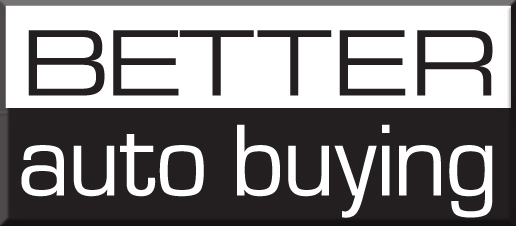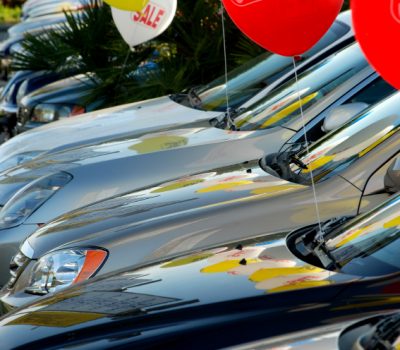Over two years ago, I posted the article shown in italics below, to emphasize the unreliability of Vehicle History Reports. Well I’m sorry to say that not much has changed since then. Inconsistencies in these widely used overrated reports are just as prevalent today as they were at that time.
I’d rather refer to them as Vehicle Mystery Reports, a more befitting description of their dubious content. The negative implications from many of these reports are costing consumers a pretty penny, even when the reality is that their vehicles are fine.
Case in point, I recently helped clients who wanted to replace their two year old compact SUV with only 11,000 miles on it. Unfortunately, it was involved in two separate parking lot mishaps, each one involving only minor damage to a bumper. As a result police reports indicating accidents appeared twice on this vehicle’s history report. Dealers appraised it’s trade-in value at over $5000 less than if “no accidents” had appeared on the report.
Conversely, I often see dealer’s trade-ins come in with significant unrepaired damage on them at the time their owners purchased new cars. Yet many of these car’s history reports are clean and indicate “no accidents”.
What I stated two years ago at the end of that post still holds true, “Vehicle History Reports are still a useful screening tool, but until they provide better reporting and more detailed information records, consumers should beware not to completely rely on their accuracy.”
Unfortunately, the companies selling these reports are more interested in revenue than accuracy, so until that changes, consumers will continue to suffer the consequences.
Beware of Vehicle History Reports
Vehicle History Reports (VHRs) are a useful screening tool for potential used car buyers, unfortunately they have their own sets of issues and limitations. Their accuracy is only as good, or not as good, as the various sources reporting the data where human error is often involved.
As a car buyer’s advocate and consultant I always recommend that my clients check the VHR on any car we consider. It’s a cost effective way to eliminate any rebuilt, salvage titled, major damaged, stolen, flood, lemon history or odometer rollback vehicles right from the start. Simply avoiding these vehicles is my main purpose for using any VHR. Some companies also provide the added benefit of title guaranties and other protections in the event that they missed reporting something major on a car you bought after purchasing their report.
Sometimes though, a VHR may reflect negatively on a perfectly good vehicle that has not been branded in any of the above categories. For instance, an accident showing on the VHR may have only involved refinishing a bumper damaged in a minor fender bender. That doesn’t make it a bad vehicle. Or maybe the emission testing facility incorrectly entered the mileage as 74,000 instead of the actual 47,000. I recently saw the DMV erroneously input the mileage at 331,000 miles on a car’s title while it actually had 31,000! These mistakes create odometer conflicts that show on VHRs. While discrepancies can often be cleared up with proper documentation submitted to the VHR company, in most cases it can mean a lot of trouble for the owner of that vehicle who usually finds things out when going to sell or trade their vehicle. In the case of an accident report there is no way of knowing it’s severity without a professional inspection of the vehicle, but you might as well paint a Scarlet Letter A for accident on it’s hood.
Sometimes, cars with a clean VHR actually have had major repairs, but if there was no police report or insurance claim, they can be missed. A prudent step is to have a vehicle inspection performed, even if the vehicle has a clean VHR, as a second line of defense in protecting your money.
Unfortunately, any accident report on a VHR is negatively impacting the wholesale used vehicle value to a much greater degree than ever before in many dealer’s eyes. This is due to the growing popularity and usage of VHRs as well as the weight that they carry from the cautious consumer’s view. An accident blemish on the VHR actually discourages many new car dealers from keeping that trade in on the lot because once people see the VHR they will usually pass on that vehicle. Any accident check mark on your own vehicle’s VHR will lower your trade-in value when the time comes. Keep that in mind before you submit a claim to your insurance company the next time you swipe the side of your car on the garage.
Vehicle History Reports are still a useful screening tool, but until they provide better reporting and more detailed information records, consumers should beware not to completely rely on their accuracy.

